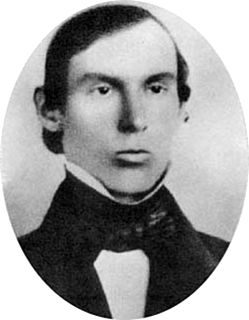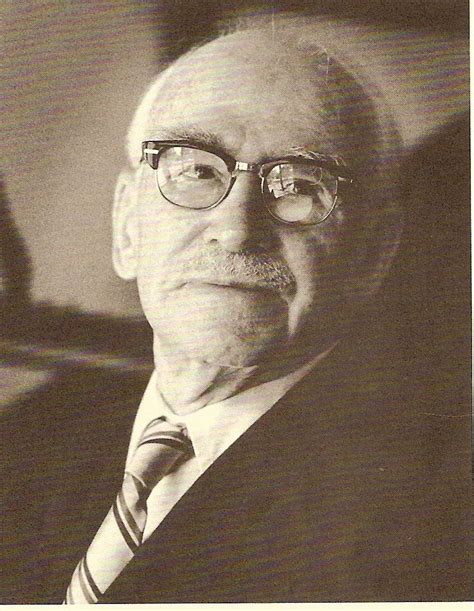A Quote by Jones Very
Macbeth is contending with the realities of this world, Hamlet with those of the next.
Quote Topics
Related Quotes
Hamlet is to Macbeth somewhat as the Ghost is to the Witches. Revenge, or ambition, in its inception may have a lofty, even a majestic countenance, but when it has "coupled hell" and become crime, it grows increasingly foul and sordid. We love and admire Hamlet so much at the beginning that we tend to forget that he is as hot-blooded as the earlier Macbeth when he kills Polonius and the King, cold-blooded as the later Macbeth or Iago when he sends Rosencrantz and Guildenstern to death.
Maybe each human being lives in a unique world, a private world different from those inhabited and experienced by all other humans. . . If reality differs from person to person, can we speak of reality singular, or shouldn't we really be talking about plural realities? And if there are plural realities, are some more true (more real) than others?







































